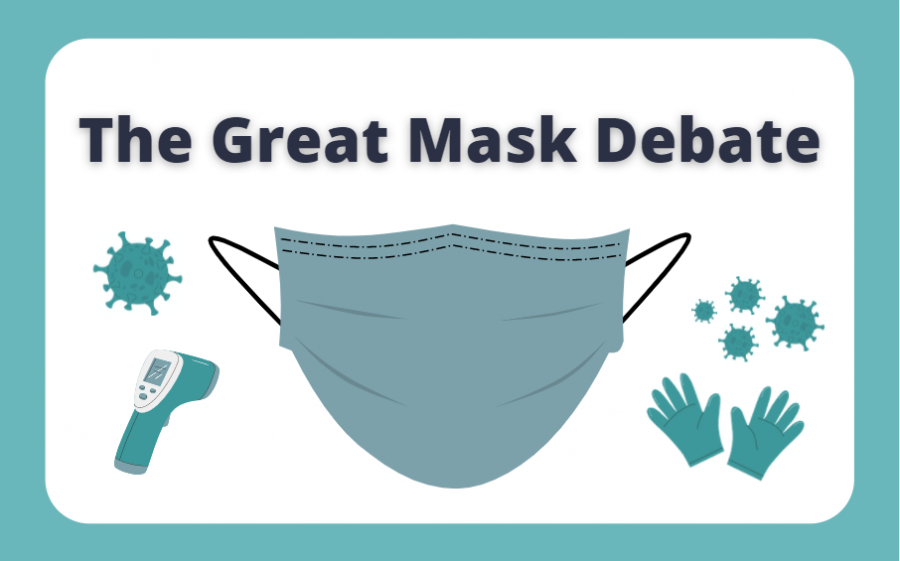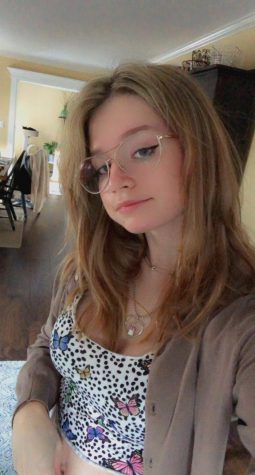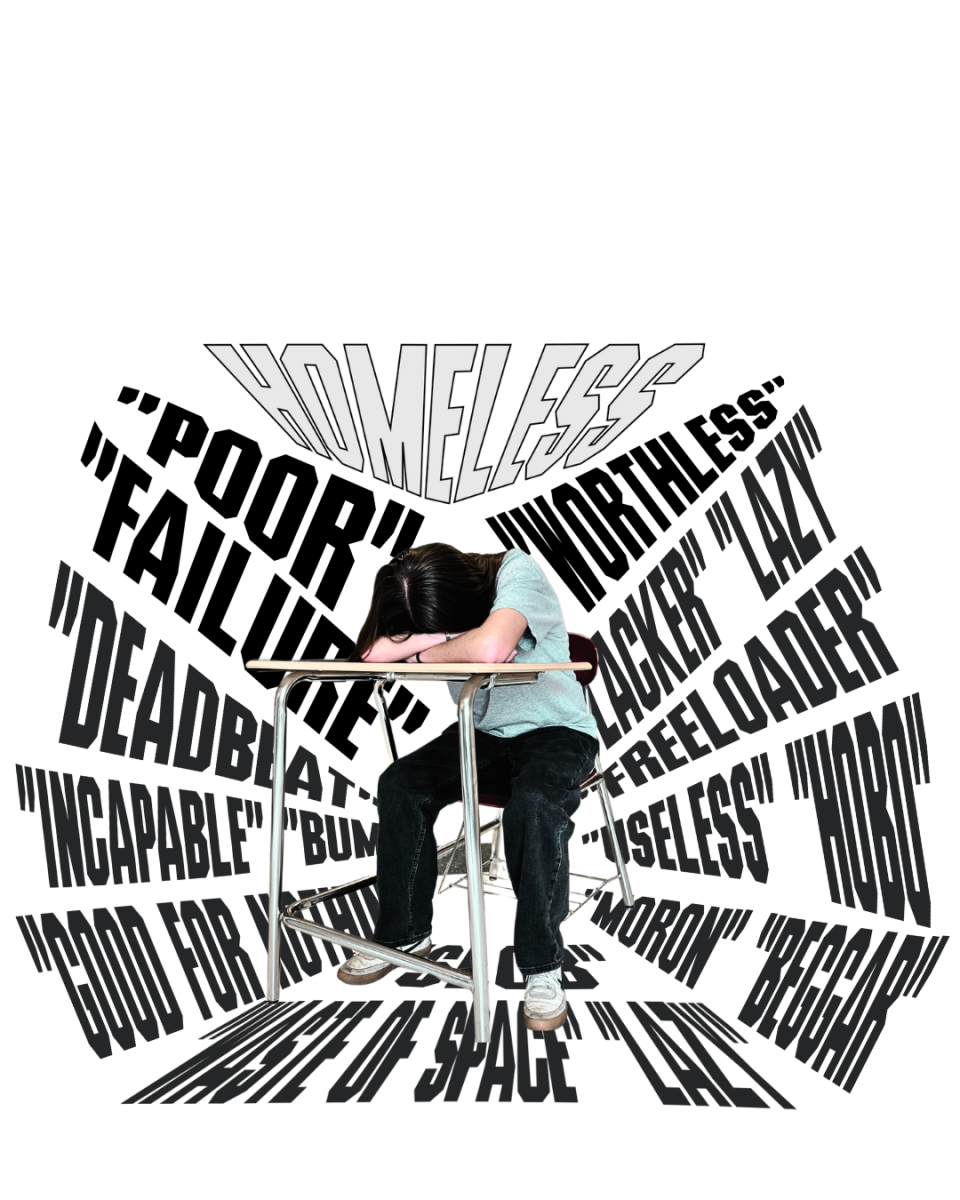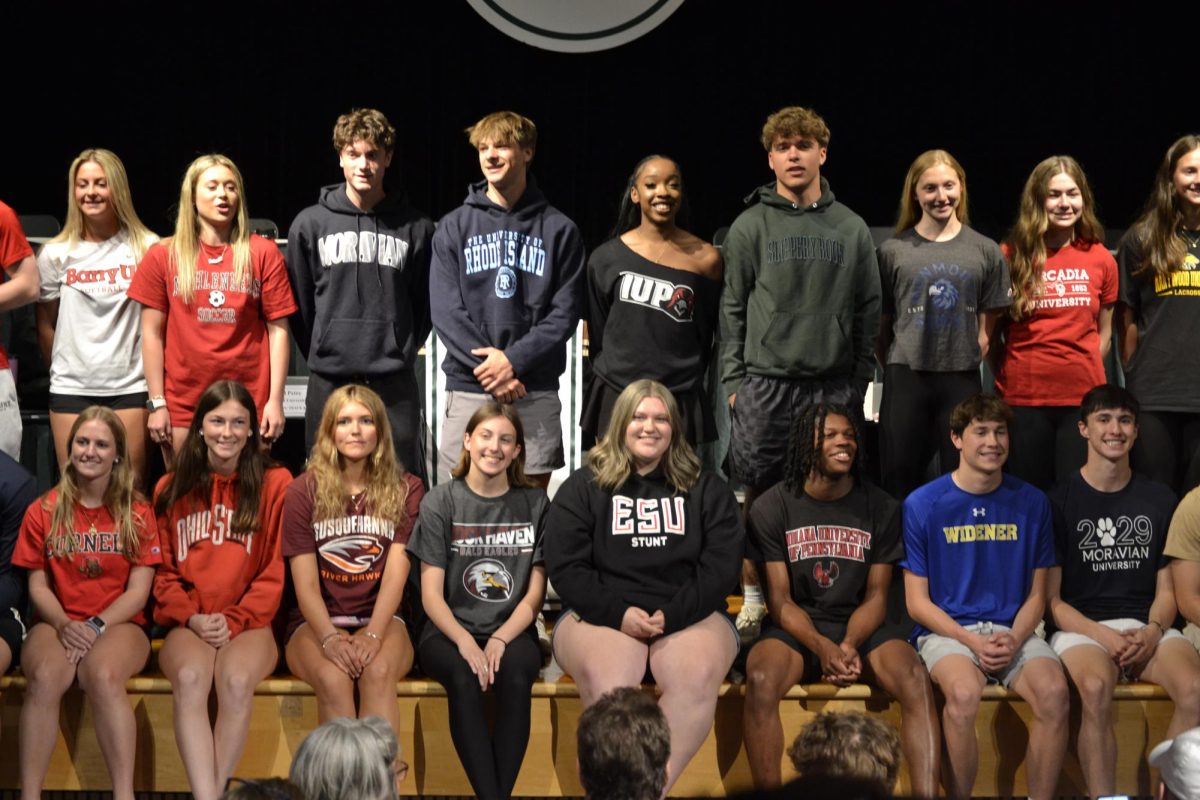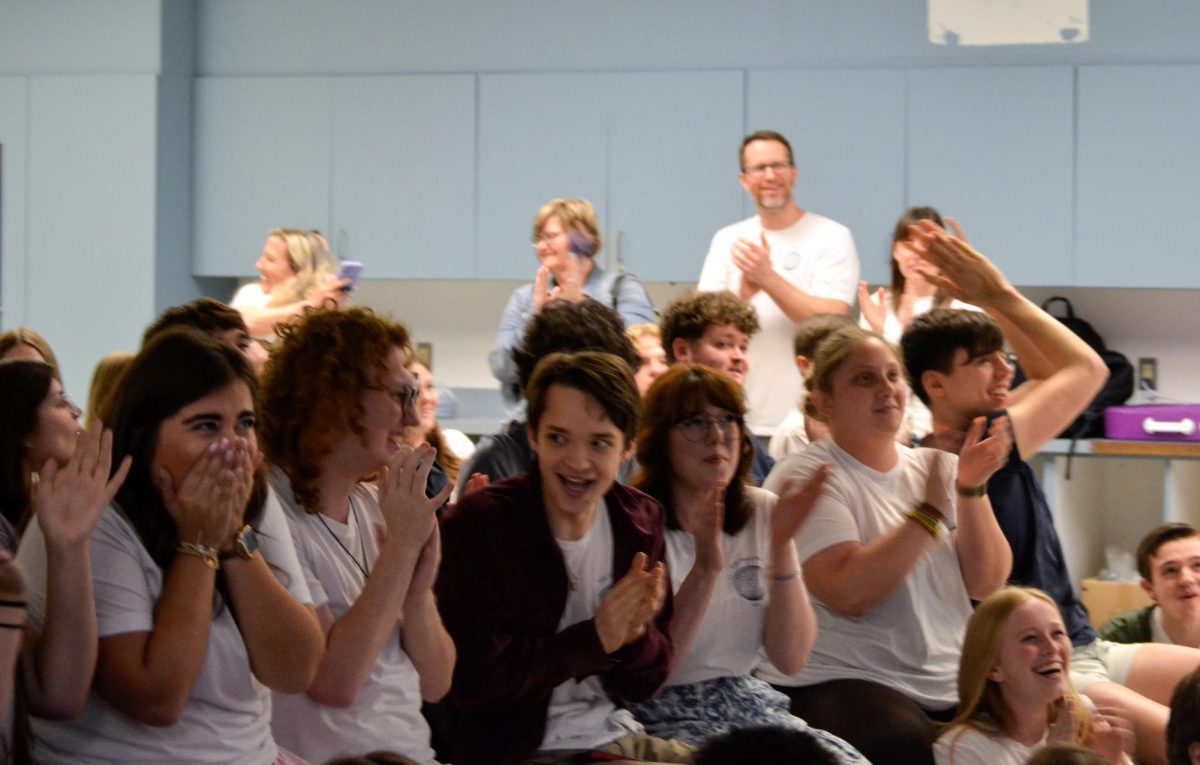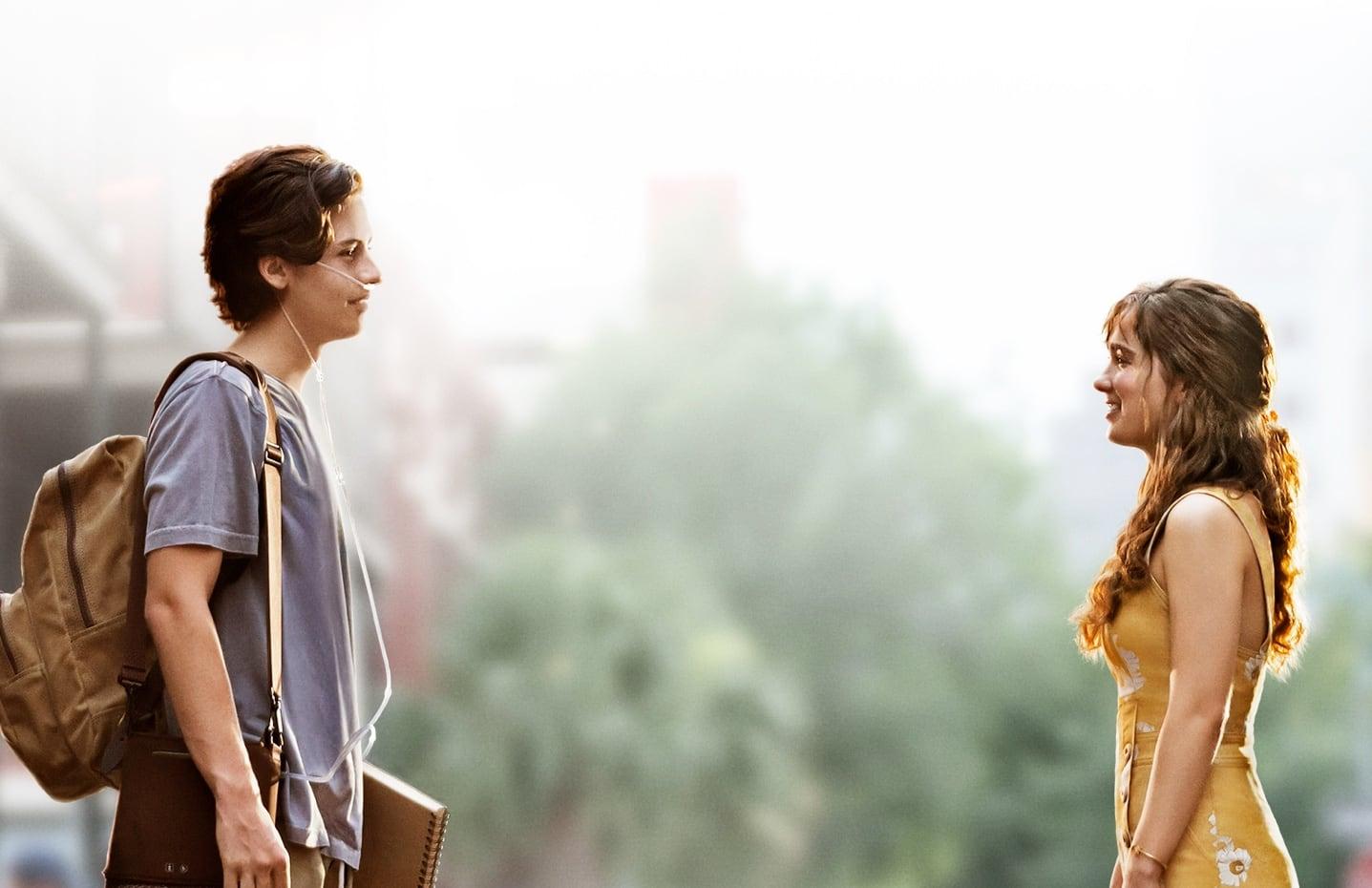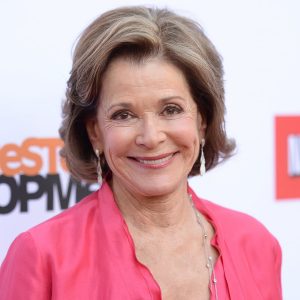The great mask debate prospers
November 5, 2021
This previously ran in our October 2021 print issue.
A divide in opinion is the primary foundation of personality diversity in human beings. And when wearing a mask in public spaces became a new normal, people were swifter than ever to form their own stance.
Rapidly, two sides emerged. Those who are pro-maskers, encouraging others to wear a medically approved face-covering in order to put an end to COVID-19, and the anti-maskers, who claim masks should not have to be worn, bringing up ideas of individual freedom and conspiracy about whether or not face coverings work against the virus.
Amanda Blagbrough, an Emmaus senior, believes that masks in school should have been deemed optional. According to the CDC, children and teenagers are less likely to contract COVID-19 than older age groups.
“I just feel like a lot of students have been discounted for what they’ve experienced and what they’ve been through in the last year and a half by having options taken away from them,” Blagbrough says. “And mandating it right after students couldn’t change schools was kind of a low blow.”
Blagbrough said her grandmother’s death in 2020 marked the moment that changed her mind the most about masking. Her grandmother suffered from Alzheimer’s and couldn’t recognize people wearing masks.
“What really hit me hard was [that] all these people that are standing from points of science said she [my grandmother] wasn’t allowed outside for fresh air and sunlight, because it wasn’t safe for her to be out there,” she says. “And I know that’s not true. But they had the power, and they did not let my grandmother outside for more than a year until she died. And that was heartbreaking.”
A survey by Morning Consult states that 24 percent of respondents refuse to wear their masks indoors. Blagbrough believes that society should resort back to “kindergarten” practices such as hand-washing.
“We put so much effort into what we have ourselves, but then we don’t put effort into our environment,” Blagbrough says.
Blagbrough explains she realizes that others may hold a different stance, ones opposing her own. Despite this, she wants those people to know she has respect for their choices.
“I have no disrespect for the people who choose to wear masks and I respect their options for their own health care and the care of their families,” Blagbrough says. “I just hope that they’ll consider being respectful in return for the people who have also suffered but in different ways.”
Senior Olivia Pinocci-Wrightsman believes that wearing masks in school is vital to the survival and health of the community. According to the University of Utah Health and Intermountain Primary Children’s Hospital, in areas of high mask use, the transmission of COVID-19 is less than one percent.
“It’s pretty much as simple as it gets, the science supports it,” Pinocci-Wrightsman says. “In my mind, it’s not something that should be an opinion, it’s something that should be universally understood that we are trying to protect each other.”
Pinocci-Wrightsman believes that wearing a face-covering is “far from oppression,” compared to “other forms of oppression occurring nationwide.”
“Yeah, it can be annoying. But if it’s saving lives, I have no problem keeping the piece of cloth over my nose for eight hours a day,” Pinocci-Wrightsman says.
Across the country, 6 out of 10 parents would like to see their children and staff who are unvaccinated in masks, according to National Public Radio. While many cried outrage at the school boards’ decisions across the nation to require face coverings, many people remained supportive. Pinocci-Wrightsman explains that if there was one thing she could say to the school board on their decision, it would be “thank you.”
“When we came back to school, I was worried because I have asthma, which puts me at higher risk,” Pinocci-Wrightsman says. “And eventually they did [implement masks]. Their rationale was what is best for our students and our community, and that’s the exact job they’re supposed to be doing.”
Pinocci-Wrightsman explains that she is open to conversation, but questions why others are against masks “if it’s going to protect people.”
“I don’t want to give up my learning environment and my senior year experience because of something completely out of my control,” she says. “I think masks are necessary for students to stay in school.”
In a pandemic, debates prosper, opinions form, politics flare, and people tend to divide. In the very end, we are all living through turbulent, unpredictable times altogether. No matter what side you align yourself with.
“People are saying we have to save humanity by losing what makes us human and that we had to prevent deaths by preventing life,” Blagbrough says. “But I just think that made a new kind of death.”


